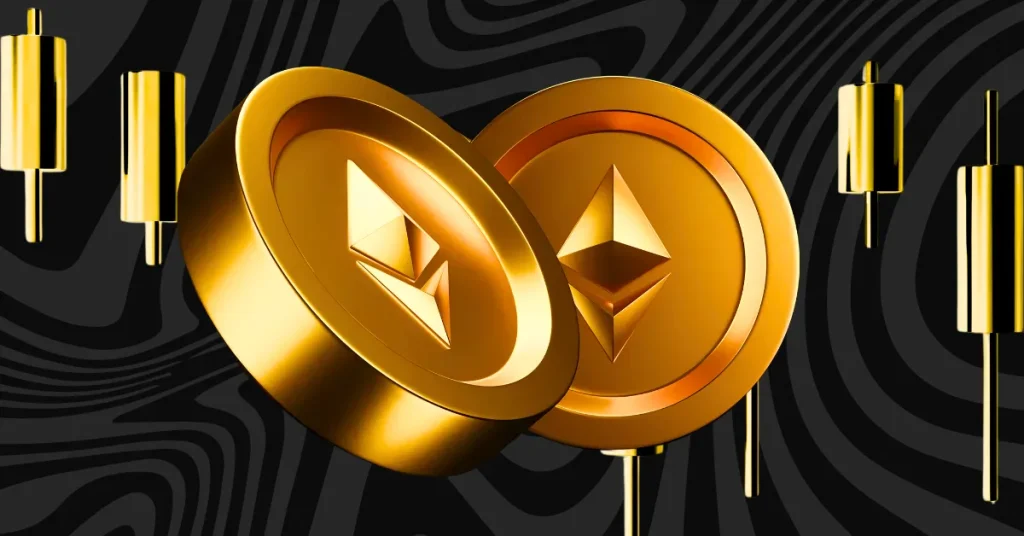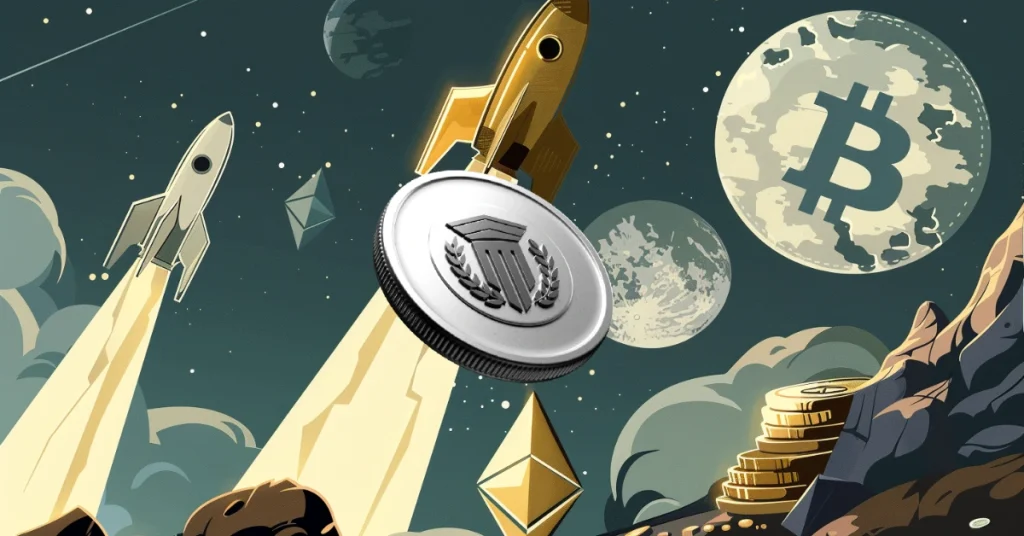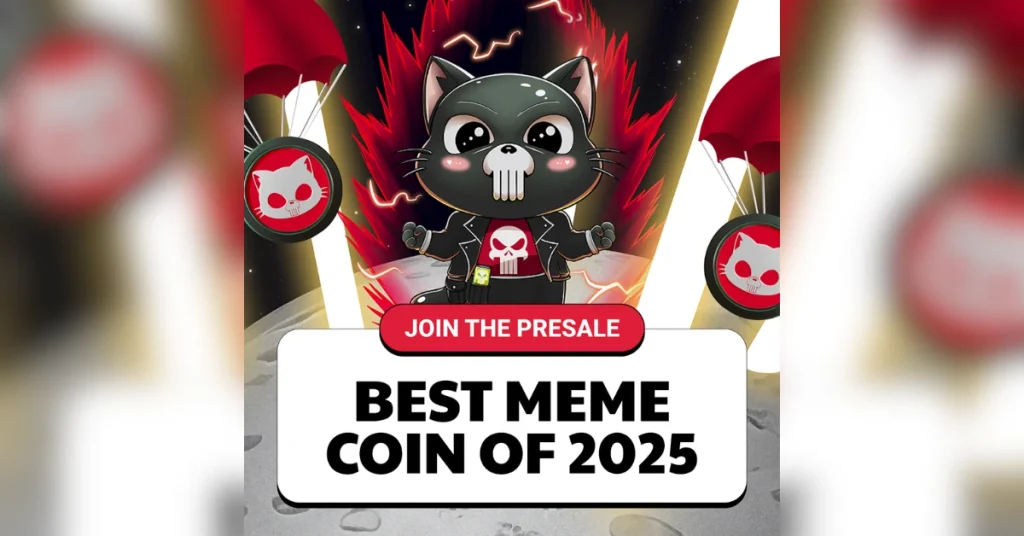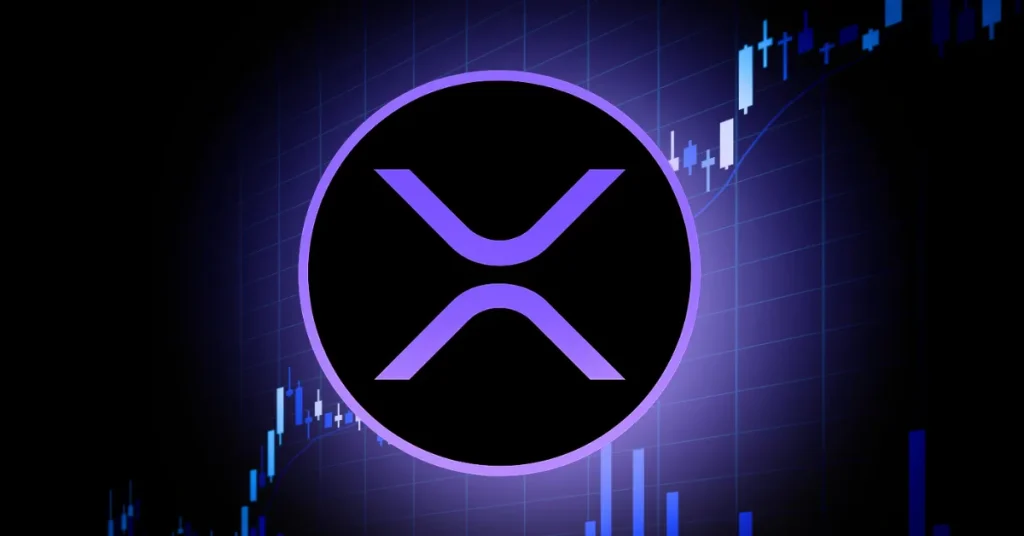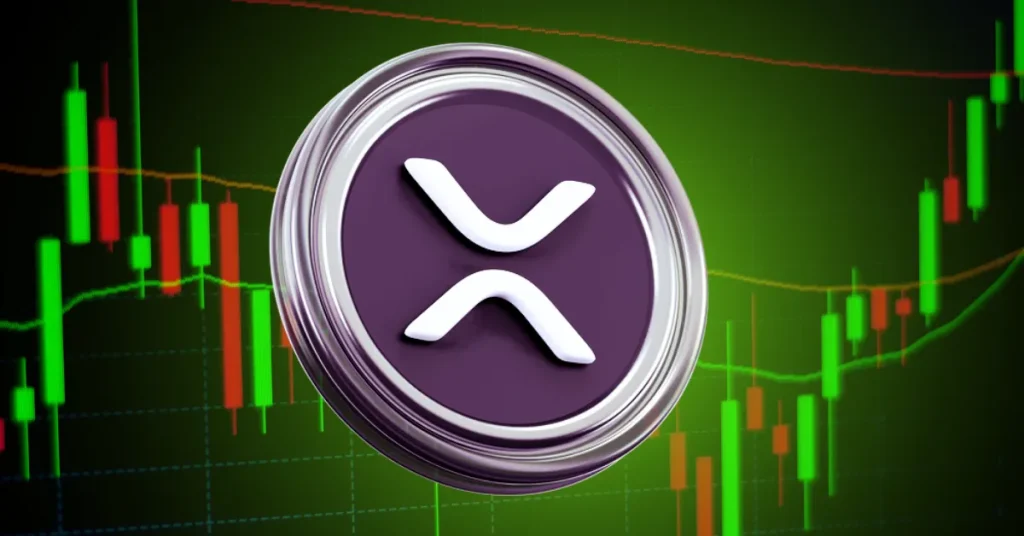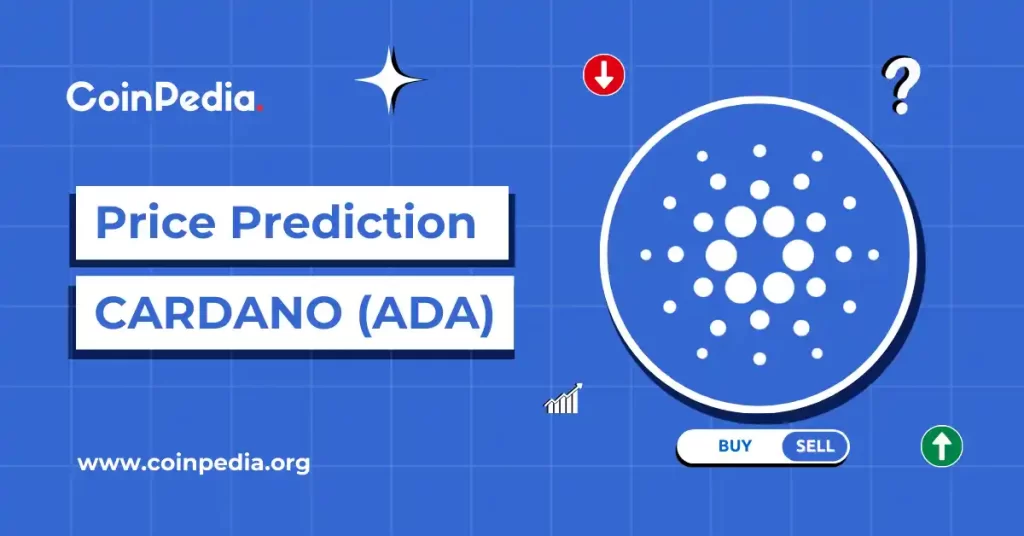Blockchain-based technologies, as expressed by cryptocurrencies and other forms of digital assets like non-fungible tokens (NFTs), are beginning to make their presence felt in many different industries. While appearing little different on the surface from other types of digital money, the excitement crypto and NFTs have generated centres around their enabling features in digital transactions, in particular with ownership management. NFTs, in their own right, have attracted a lot of interest over the last two years owing to the way they have allowed for the secure and authenticatable transfer of physical items via the blockchain. Stripped down, NFTs are simply tokens that represent unique assets. In the case of art and collectibles, this proved to be a highly useful feature that let people create NFTs representing unique and rare pieces of art and culture. If you owned an NFT, you owned the creative rights to a piece of art – verifiable by anyone just by cross-checking the NFT data on a public ledger Yet NFTs in this form has barely scratched the surface of what’s possible, particularly when dealing with industries where non-fungibility and fungibility factors are crucial aspects. Beyond Static NFT Use in Gaming Game developers DRepublic, the team behind the upcoming MMORPG Cradles: Origin of Species, are among those who believe that blockchain technology can provide solutions that could spell groundbreaking innovations in the ...
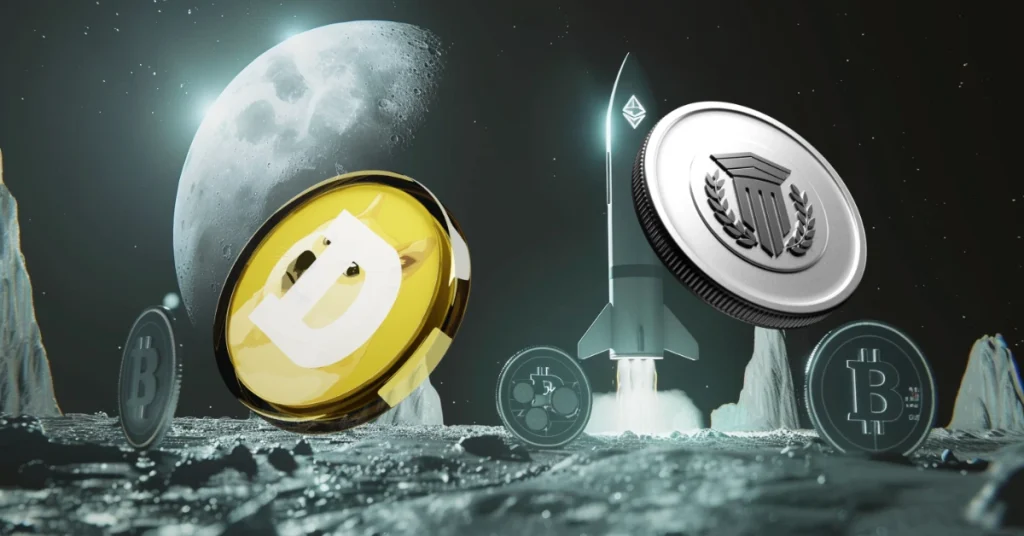 Best Crypto Coins to Watch This Week and Buy
Best Crypto Coins to Watch This Week and Buy

